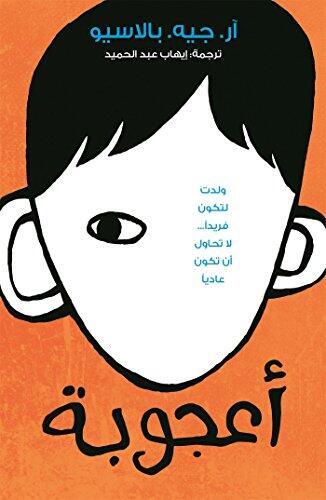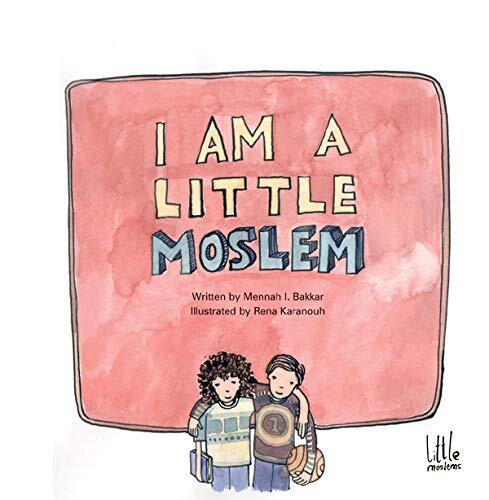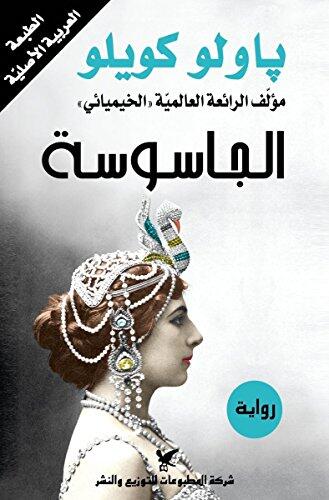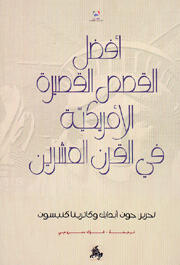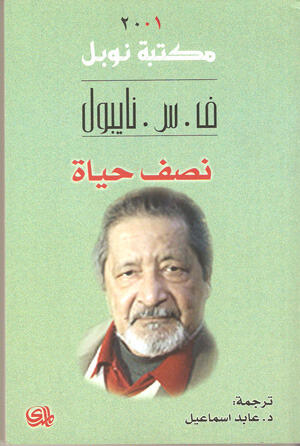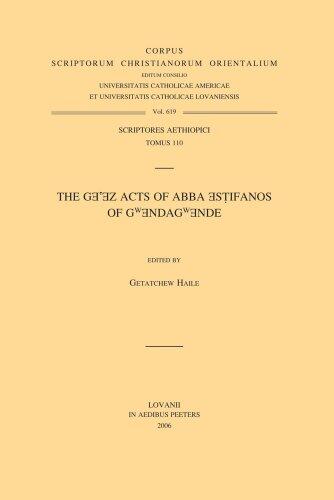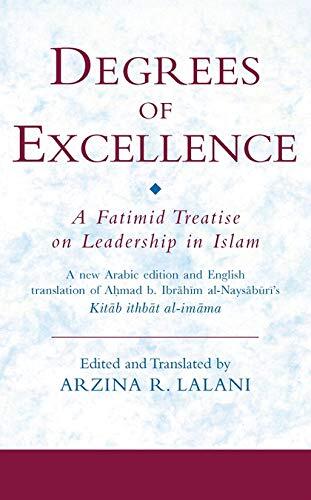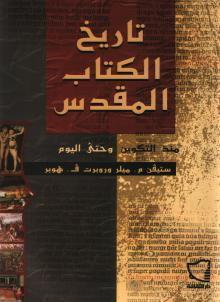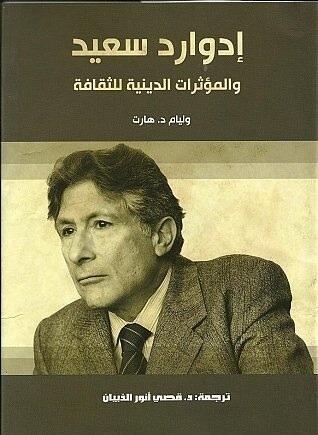
إدوارد سعيد والمؤثرات الدينية للثقافة
Ancora nessuna valutazione
Science Fiction
Biography
Autobiography & Memoir
+1
more
Formato
Brossura
Pagine
294
Lingua
Arabo
Pubblicato
Jan 1, 2011
Editore
كلمة
ISBN-13
9789948018520
Descrizione
This exploration delves into the profound influence of religious factors on Edward Said’s cultural theories and critiques. The authors, William D. Hart and قصي أنور الذبيان, offer a nuanced examination of how Said’s experiences and beliefs shaped his perspectives on literature, identity, and politics. They delve into the intersections of culture and religion, revealing the intricate ways in which these realms interact and inform one another in Said’s works.
Through a careful analysis of Said’s texts, the authors dissect the underlying themes that reflect his deep engagement with religious identity and its implications for understanding the broader cultural landscape. They also highlight the challenges and complexities inherent in grappling with religious narratives in the context of post-colonial discourse.
The book invites readers to reconsider established interpretations of Said’s impact on literary criticism and cultural studies, providing fresh insights that enhance the appreciation of his work. It stands as a compelling resource for scholars and enthusiasts alike, prompting a reexamination of the religious dimensions of cultural critique.
Through a careful analysis of Said’s texts, the authors dissect the underlying themes that reflect his deep engagement with religious identity and its implications for understanding the broader cultural landscape. They also highlight the challenges and complexities inherent in grappling with religious narratives in the context of post-colonial discourse.
The book invites readers to reconsider established interpretations of Said’s impact on literary criticism and cultural studies, providing fresh insights that enhance the appreciation of his work. It stands as a compelling resource for scholars and enthusiasts alike, prompting a reexamination of the religious dimensions of cultural critique.
Recensioni
Nessuna recensione ancora
Sii il primo a recensire questo libro e condividi i tuoi pensieri
Aggiungi Prima RecensioneRegistro di Lettura
Nessun registro di lettura trovato
Inizia a tracciare i tuoi progressi di lettura per vedere i registri qui
Aggiungi il tuo primo registro di letturaNote
Registro delle transazioni
Nessun registro delle transazioni trovato
Inizia a tracciare le tue transazioni di libri per vedere i registri qui
Aggiungi il tuo primo registro di transazione